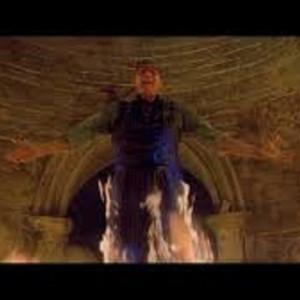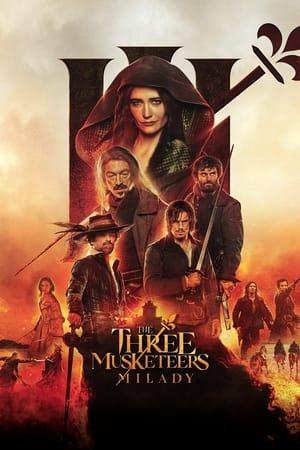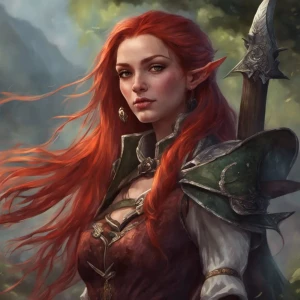Review of the film in full (both the first part, D'Artagnan, and the second, Milady).
Bourboulon's The Three Musketeers has good action scenes on the level well-directed sequences, the camera moves, follows the sword exchanges between the characters and through the hand-held camera also knows how to "dirty" the rendering giving the sensation of close duels, which tire the characters.
A aesthetic level, there are good shots and a not bad basic staging, the scenes are particularly beautiful which, through good photography, exploit the cuts, the beams of light that enter the interiors, creating moments with a beautiful visual impact.
Since the film is a revival of Dumas' novel, it has the burden of wanting to retrace everything, so one has the constant sensation of rushing a little too much, the events are fast, there is little breathing space and although there 'there is a desire and intent to keep up with all the characters, these do not all have the same depth and use.
From the start, there is no construction of the friendship of the three musketeers, the film begins with the arrival of D'Artagnan in Paris therefore the three, Athos, Aramis and Porthos already know each other and are close to each other, however this loyalty between them is not "felt" it is in fact presented but there are no scenes that show their bond, therefore even the good sequence for the visual rendering of the prison of Athos, his will which speaks of the bonds, of his legacies has little impact on an emotional level, not to mention the three musketeers plus D'Artagnan were together, on a film level, for a very little, so you notice a certain rush.
We still manage to build the background of Athos, his torment and the film works as a whole in building gray characters, even the musketeers themselves, D'Artganan included not they are totally good as are all the other characters involved in the story.
Power intrigues, espionage, betrayals, plots, the film is full of these events against the backdrop of a France at risk of civil war due to friction between Catholics and Protestants .
Eva Green, plays Milady, pierces the screen, her stage presence, you can't discover it today, is excellent, the character works in bewitching the male characters, her soul is dark because of what is terrible it happened to her.
Aramis and Porthos, although they have their actions, remain a little too secondary.
Bourboulon's direction, in addition to the good action sequences, also the clash between D'Artagnan and Milady everything in sequence shot is valid, it knows how to create almost western-like atmospheres, especially at the beginning, D'Artagnan's arrival in Paris has its own atmosphere, as does the first battle, but also how Athos is framed while waiting for the duel is reminiscent of western films.
The recurring details of King Louis' shaking fingers are good to show the difficulties of decisions and as already written a certain use of photography through beams of light to contrast the background gloom and create good paintings.
However, there is no shortage of passages that are a little too televisual, such as the ending of the first part, or some moments that are marked in ways that are not too cinematic, a sequence where D'Artagnan is praying and thinking to his girlfriend Kostancja with the images of the latter leads a little too much into easy sentimentality.
In any case the aesthetics are not bad, as written on a visual level it also has its ideas, the direction also knows how to play with the religious elements through assembly connections and choices of what to frame. The references to the devil repeated by Milady, the final duel takes place in the flames to recall hell, just as when crucifixes or other religious symbols are framed there are always references to those who are perhaps conspiring behind everything or aimed precisely at misleading both the spectator that D'Artagnan who in the film has an almost detective role in a noir.
The problem encountered is the excessive speed of events which often fails to give the right depth to the characters.
Where the film focuses most is the dualism between D'Artagnan and Milady and where Athos' story inevitably turns out to be crucial and in fact they are the most successful characters in the film.
Other secondary characters work well enough, while others would have deserved more screen time.
In conclusion, the film tells the story of Dumas' novel, which is by no means an easy operation, where the direction is convincing in the action scenes, the basic story is clearly valid given its origin, but the events follow one another very quickly.





